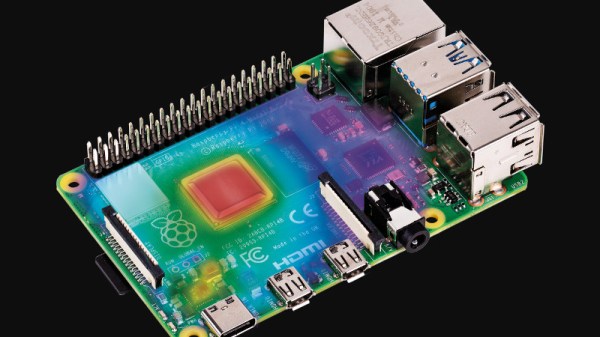Researchers at UCLA recently developed what they are calling a thermal transistor: a solid-state device able to control the flow of heat with an electric field. This opens the door to controlling the transfer of heat in some of the same ways we are used to controlling electronics.
Heat management can be a crucial task, especially where electronics are involved. The usual way to manage heat is to draw it out with things like heat sinks. If heat isn’t radiating away fast enough, a fan can be turned on (or sped up) to meet targets. Compared to the precision and control with which modern semiconductors shuttle electrons about, the ability to actively manage heat seems lacking.
This new device can rapidly adjust thermal conductivity of a channel based on an electrical field input, which is very similar to what a transistor does for electrical conductivity. Applying an electrical field modifies the strength of molecular bonds in a cage-like array of molecules, which in turn adjusts their thermal conductivity.
It’s still early, but this research may open the door to better control of heat within semiconductor systems. This is especially interesting considering that 3D chips have been picking up speed for years (stacking components is already a thing, it’s called Package-on-Package assembly) and the denser and deeper semiconductors get, the harder it is to passively pull heat out.
Thanks to [Jacob] for the tip!













